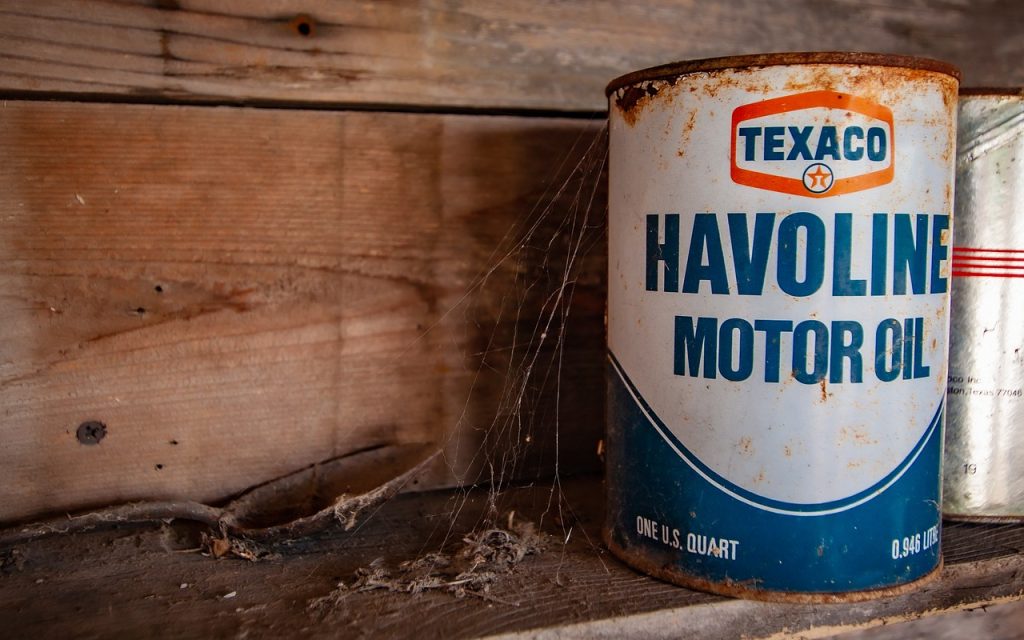- Don’t pour waste oil down the sink.
- For small amounts of waste oil, wipe with a paper towel and dispose in the trash.
- For larger amounts, store in a non-recyclable, sealable container.
- Check for local waste oil recycling programs or facilities.
- Consider depositing waste oil at restaurants that recycle it.
- Understand that recycled oil can be refined for various uses, including as biodiesel fuel or in soap making.
- For motor oil, gather information about the recycling process in your locality.
- Store used motor oil in a clean, leak-proof container.
- Recycle at an approved recycling center.
- Remember to also manage and recycle used oil filters.
Waste Management: How to Properly Dispose and Recycle Cooking Oil
Handling waste in your kitchen is a daunting task, but understanding how to manage, dispose, and recycle your cooking oil doesn’t have to be such a hassle. Though the thought of waste management might be daunting, there’s a simple way to tackle the waste cooking oil dilemma. Here’s how you can ensure your waste oil makes it to a recycling unit rather than creating environmental problems.
Firstly, don’t pour waste oil down the sink; this is a common mistake. In fact, it’s crucial to dispose of it properly. For small amounts, wipe it with a paper towel and throw it into your waste bin. For larger amounts, pour it into a non-recyclable, sealable container. This is how you initially dispose of your waste oil.
Following that, recycle it. Many cities have introduced recycling programs for waste oils. See if your city has a waste oil recycling program and how to deposit your oil there. If not, numerous restaurants recycle their waste oil, so ask around if they accept waste oil from households as well. Here’s where the recycled oil goes: Depending on the recycling process, waste oil is refined and used again as lubricant oil, in soap making, or as biodiesel fuel.
We contribute to environmental protection when we take care of our waste. Be it waste oil or other waste, responsible disposal and recycling are essential. Make sure you take the right steps towards waste management and recycle your cooking oil; this is an opportunity to turn waste into something valuable.
Basics of Cooking Oil Disposal: Avoiding Solid Waste through Oil Recycling
Understanding the basics of cooking oil disposal is crucial to avoid contributing to solid waste problems. Most importantly, the primary goal should be to recycle used oil as much as possible. Oil recycling presents an environmentally friendly solution that’s easily achievable in our kitchens. By recycling or correctly disposing of used oil, we promote better waste management. You’ll be surprised how the proper use and disposal of oil, could significantly reduce waste.
Applying the principles of recycling doesn’t only apply to solid materials, like paper and plastic. It’s equally important for items like cooking and other used oils. It’s because of this significance that oil regulations are in place to encourage more responsible oil disposal practices. These regulations, when followed, don’t just protect the environment. They also promote a more sustainable approach to using kitchen resources.
Numerous methods are available for people to dispose of used oil properly. These disposal techniques ensure that such wasteful substances don’t end up as part of our solid waste dilemma. It includes recycling used oil, converting it into reusable substances, or reprocessing it for other uses. On the other hand, waste management companies also encourage these practices as part of their commitment to reduce waste.
In conclusion, we need to be aware, responsible, and proactive in our actions when it comes to oil disposal in our kitchens. From utilizing recycled oil products to recycling used oil ourselves, we contribute to a greener and more sustainable environment. Remember, every bit counts when it comes to reducing waste and promoting recycling.
Understanding Motor Oil: The Importance of Oil Care and Recycle
Treating motor oil with respect is crucial to ensure proper operation of your vehicle. Motor oil plays a pivotal role in lubricating and cooling the engine’s components, which can prevent mechanical wear and tear. However, with usage and time, motor oil can accumulate dirt and other impurities, reducing its efficiency in safeguarding the engine. Therefore, motor oil needs to be changed regularly.
But what happens to the used motor oil? The answer lies in the practice of recycling. When you recycle used motor oil, it doesn’t just curb environmental pollution but promotes sustainability. It’s important to note that motor oil does not wear out; it just gets dirty. Therefore, recycling ensures it’s cleaned and reused, reducing the need for extracting more crude oil.
Now comes the critical part – how do you recycle motor oil? The first step is to gather ample information about the recycling process. Check with your local waste management authority to know about service providers who recycle motor oil in your locality. Certain centers also recycle oil filters which are an integral part of oil management.
In addition to recycling the motor oil, it’s also important to manage the used oil filters. Oil filters contain residual oil that can be harmful to the environment if not handled properly. Therefore, they should also be recycled to extract and recycle the trapped oil.
In conclusion, recycling and proper management of motor oil and oil filters is an environmentally responsible action. With the right information and waste management approach, it can be a simple and beneficial practice for all.
Motor Oil Disposal: How to Recycle and Dispose Waste Management
Motor oil often serves as an efficient lubricant for engine components. However, a regular maintenance routine entails changing this essential resource, leading to a considerable amount of used oil. How should you then approach motor oil disposal? When recycling and waste management are a priority, there are a few steps to follow for proper disposal and to veer away from creating solid waste.
Firstly, don’t dump used motor oil in the trash or down the drain. Rather, collection becomes vital in the process of motor oil recycling. Suitable collection centers exist for this purpose, and some resources can guide on where the nearest one to you is located. Depending on your location, your local department may offer collection services as part of their waste management efforts.
Secondly, ensure your used oil is properly stored for disposal. Transferring your used oil into a clean, leak-proof container ensures it’s safe and ready to be recycled. Many collection centers provide containers for storing used motor oil, further streamlining the process.
Lastly, think about recycling the motor oil at an approved recycling center. Recycling centers are specifically designed for waste management and are equipped with the right resources to handle and recycle used oil. Remember, motor oil doesn’t wear out; it gets dirty. Hence, with proper processing, it can be cleaned and recycled indefinitely.
Oil Recycling Guidelines: Promoting Oil Care and Waste Management
Observing proper oil recycling guidelines is critical because it doesn’t just promote better oil care, but also facilitates waste management. When used oil is changed, the primary goal should always be to recycle. The lifecycle of used oil doesn’t end when it’s taken out of the engine. It can still be recycled and refined in specialized recycling facilities, ready for another round of use.
Take time to learn how to properly handle used oil from your engine. Distinct collection centers are made available where you can deposit your used oil for recycling. They carry the provisions of proper oil recycling guidelines with sustainability in mind. It’s an eco-friendly alternative that supports sustainable waste management.
However, the process of recycling isn’t reserved for engine oil alone. Cooking oil can also be recycled and refined, fitting neatly into these waste management efforts. When you change out your old kitchen oil, remember that proper disposition is achieved through recycling.
Recycled oil, whether known to many or not, plays a crucial part in reducing solid waste. It’s a cornerstone of sustainable living and a testament of how big changes can come from manageable initiatives. It’s high time everyone embraced these guidelines. Not just for their ease of use, but for the benefits they bring to our environment and waste management efforts overall.
Just remember: every engine oil change, every kitchen oil switch, and every recycling effort counts. As importantly, every conscious decision to follow these guidelines makes a significant difference. So, engage consciously in promoting oil care and proper waste management.




